Volcanoes are erupting in The Philippines, but on-fire Australia received some welcome rain. The Iran war cries have been called off and The Donald’s military powers are about to be hamstrung by the Senate. Meanwhile, his impeachment trial is starting, and we’re all on Twitter for a front-row seat.
What’s all this about progress?
An introduction and resource guide to the positive story of human existence
Let’s just get this out of the way: it may feel like now is a strange time to try to sell you a tale of progress.
“If you had to choose one moment in history in which to be born,” former United States President Barack Obama famously said, “and you didn’t know in advance whether you were going to be male or female, which country you were going to be from, what your status was, you’d choose right now.” While you might not be into choosing the past few years in particular as great years to drop into, now is still a much better time to be alive than previously in history.
Even our reaction to and ongoing recovery from the Covid-19 pandemic has been lightyears ahead of anything that has come previously. As much struggle and loss as we have endured, it’s hard to imagine at the start of 2020 that the light at the end of the tunnel would emerge as quickly as it has.
Consider: it took less than a year to develop 7+ vaccines with over 50% efficacy against the coronavirus. Two of those vaccines use new technology that may have far-reaching benefits for future medical care. While many countries experienced tragedy, several others outperformed expectations, and several additional crises, like the flu “twindemic” or the doubling of malaria deaths in sub-Saharan Africa, were successfully averted. While it took 15 years from its development in 1955 for the polio vaccine to reach Africa, it took the Covid vaccine 11 months. And that’s just the pandemic.
Our mission, however, is not actually to convince you of all the amazing progress we’ve made globally—although we do think we have, and we cover that trajectory here in this guide and in our work generally. It’s also not a prediction that the future will undoubtedly be bright. Instead, our mission is one of radical individual responsibility in service of a collective result: we are each responsible for creating the future. Believing that progress is possible is a nonnegotiable component of creating a good one.
The argument, evidence, and analysis for why the future will be worse exist in spades, promulgated by a media dependent on eyeballs and clicks. But what if the future will be better? The argument, evidence, and analysis for that potential exist in equal measure. It’s just that not many people are talking about it. In other words, we’re used to pointing out and dissecting the reasons for negative outcomes, for example all the ways the US dropped the ball on pandemic preparedness at the start of the crisis. But there are also tangible ideas and actions, no less important but far less paid attention to, that lead to progress, and we ignore them to our detriment.
This is what we’re talking about when we talk about The Progress Network (TPN), made up of members from across fields and industries. Some of them point out the progress we’ve already made, some of them where we’ve fallen short and need to keep pushing. One member might not agree with the next. But all of them offer a perspective that is measured, constructive, and solutions-oriented, a welcome antidote in a world that awards outrage, hostility, and doomsaying. By bringing them under one roof, we’re hoping to create a groundswell of this sensibility of progress that is more than the sum of its parts.
That’s where you come in. We’re not going to get very far building a better future without people who are interested and believe in what humanity is capable of. To that end, this resource guide introduces you to some of the foundational thinking of progress and our members’ work, and suggests several avenues for further education, if you’re so inclined. From there, we invite you to stay engaged in the conversation by following us on social media, sharing our newsletter widely, and giving our podcast, also called What Could Go Right?, a try.
Enjoy!
How do we know we’re making progress?
When we look at the world, a lot of our perceptions do not match up with reality. What we see the most in media coverage is suffering of all kinds: poverty, war, crisis. We may think that things are a mess everywhere, and only getting worse. The thing is, that’s not what the data says. Probably the most well-known book on this, which covers progress on things like less violence and war, and more wealth, freedom, and education, from the start of human history, is TPN Member Steven Pinker’s Enlightenment Now (scroll down to our books section for more on that).
If you’re more of an internet creature, one interesting place to go is the organization Gapminder’s Dollar Street website, which shows the living conditions of families around the world. But likely the best site for the full picture of data related to human progress is economist Max Roser’s Our World in Data, which is packed with charts, graphs, and educational articles on topics ranging from inequality to energy use to democracy.
Here are just a few examples from Our World in Data of some of the core data points on progress. Many people, for instance, don’t know that the number of people living in poverty has been in decline for decades:
Or that global health has been on a sharp upswing overall:
Or that happiness rates are high across countries, and trending upward:
(Even despite the pandemic, the world has been resilient. US suicide rates in 2020 were actually the lowest in years.)
And then there are the things we worry about that we probably shouldn’t, like, say, dying in a terrorist attack:
There’s much more on the Our World in Data site, so do take a whirl. All of their content (like ours) is free to read.
Where could we make progress next?
As for the pressing issues of our time, for which long-term data does not yet exist, that’s where other TPN members shine. Our newsletter (which you just signed up for!) covers real-time progress on topics like climate change and civil rights issues. You may not know, for instance, that:
- We have already averted the worst-case scenarios of climate change
- Mass incarceration trends in the US have finally started to reverse, closing several racial disparities in the criminal justice system
- The world has demonstrably improved on several measures, from access to clean water to maternal and infant mortality, since the 1990s
- Despite Russia’s invasion of Ukraine, peace is now the worldwide norm
TPN Member Ted Nordhaus, for one, has written about the possibility that we reached peak greenhouse gas emissions in 2019; there’s ample evidence that while the coal industry is collapsing, the aviation, shipping, and automotive industries are setting (and sometimes meeting early) their decarbonization goals; and most critically, climate change mitigation is starting to become both a public priority and a geopolitical strategy, which means that nations, from leadership down, are taking it seriously. (Click here for a conversation among three of our members about balancing the climate struggle ahead with optimism.) And coming off the heels of a particularly challenging year for minority rights, TPN Member Peniel E. Joseph has written about the massive, multi-racial coalitions we’ve seen for the very first time, which he sees as a potential turning point in history.
Where can I learn more about progress?
Books
Our bookshelf page collects the various works of our members, and we also suggest this longer list collated by human progress advocate Tony Morley. But we know you’re busy! So here are our must-reads.
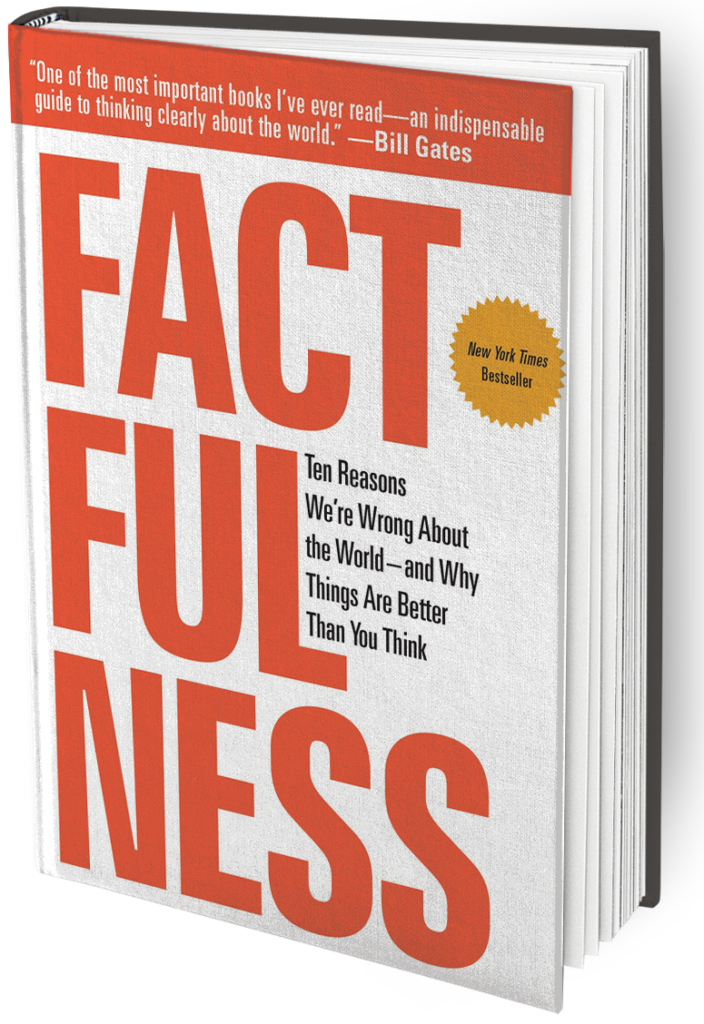
On the macro view of human progress:
Factfulness, by Hans Rosling
The late professor Hans Rosling lays out the facts about global conditions and the reasons, from the psychological to the mathematical, why we think everything is a lot worse than it actually is. In addition to clearing up some common misconceptions, he offers strategies for approaching life from a fact-based mindset, which turns out to be a surprisingly useful way to reduce a lot of stress.
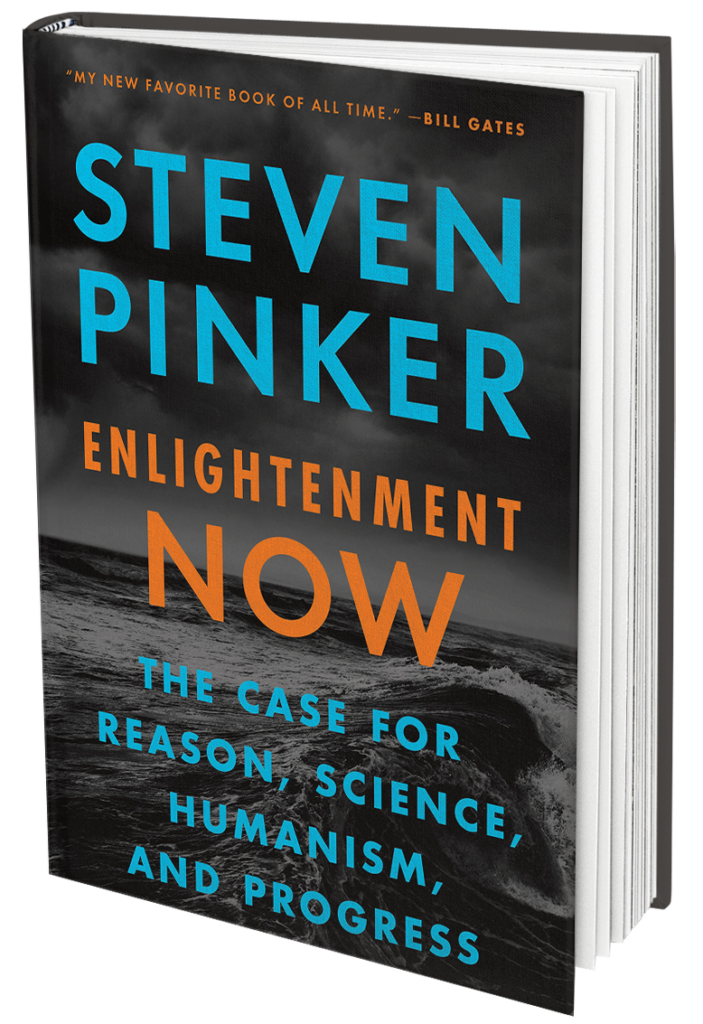
Enlightenment Now, by Steven Pinker
At almost 600 pages, this book isn’t for the faint of heart, but it’s also quite literally an enlightenment experience. Harvard professor Steven Pinker walks us through the data supporting the case for human progress, and then makes a strong case for the enlightenment ideals of science, reason, and humanism, that he says led to it. If you have to pick just one book, pick this one or Factfulness, above.
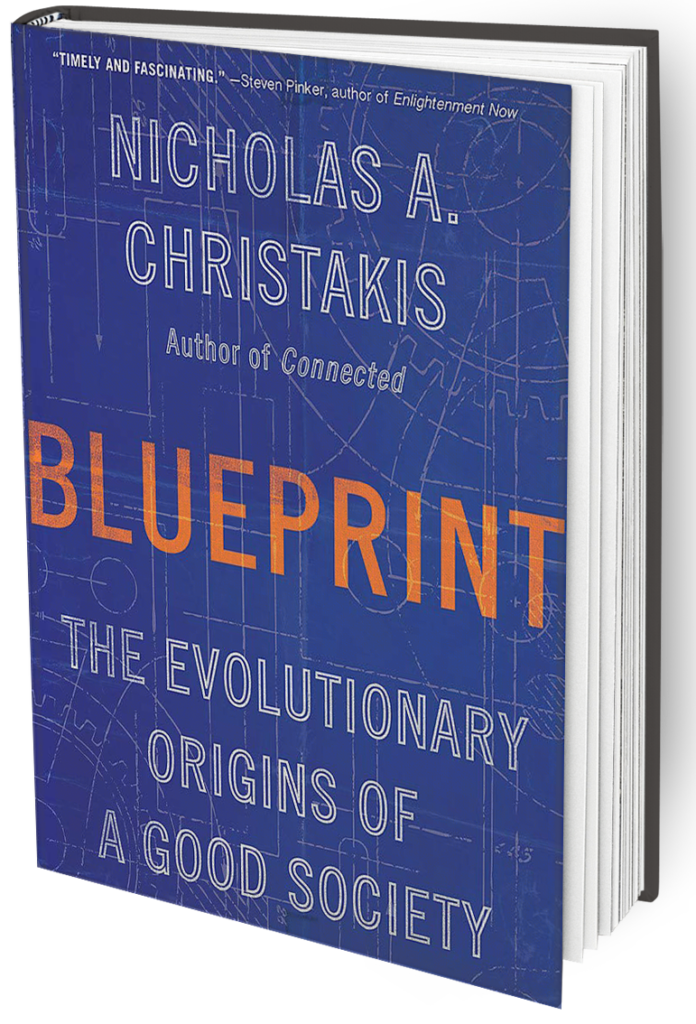
Blueprint: The Evolutionary Origins of a Good Society, by Nicholas A. Christakis
Are we biologically inclined toward aggression, cruelty, prejudice, and self-interest? Maybe so, but Yale University professor Nicholas A. Christakis explains the evidence for the biological basis of a suite of beneficial social features, like love, friendship, cooperation, and learning. In other words, making good societies is in our genes—despite a human history replete with violence, Christakis says, we cannot escape our social blueprint for goodness. We recommend this one especially for any science nerds out there!
On what’s wrong and how to fix it:
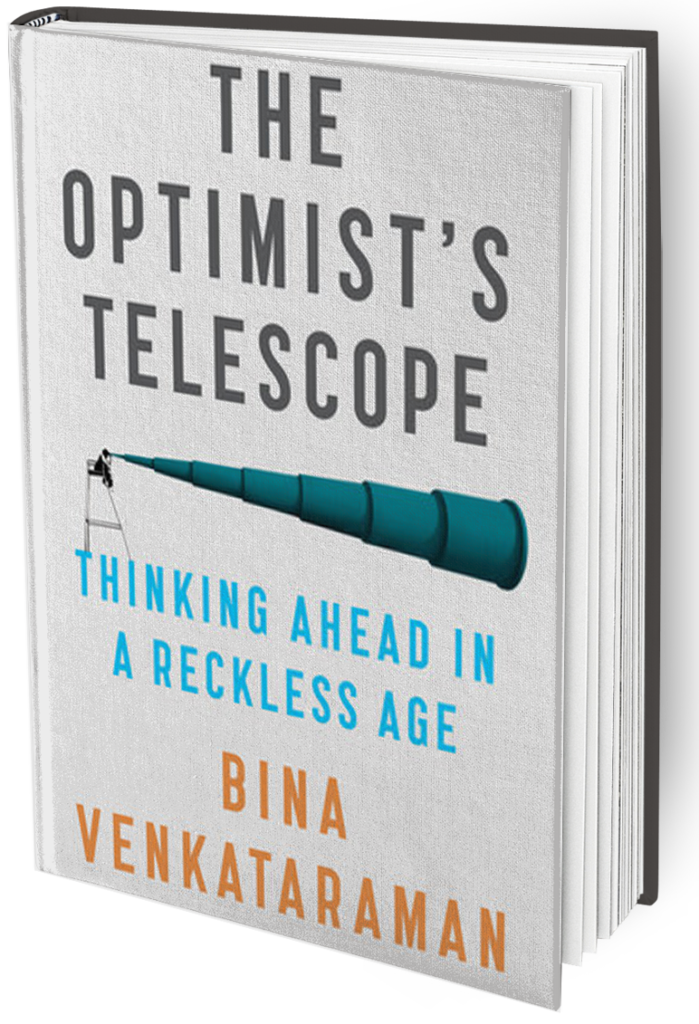
The Optimist’s Telescope, by Bina Venkataraman
A culture that rewards instant gratification is not a culture well set up to solve complex problems like climate change, whose effects run far into the future. How do we make smart decisions for the long run? Journalist and former climate advisor Bina Venkataraman compiles stories from around the world, as well as new research in biology, psychology, and economics, to show us why we don’t think ahead and how we can start.
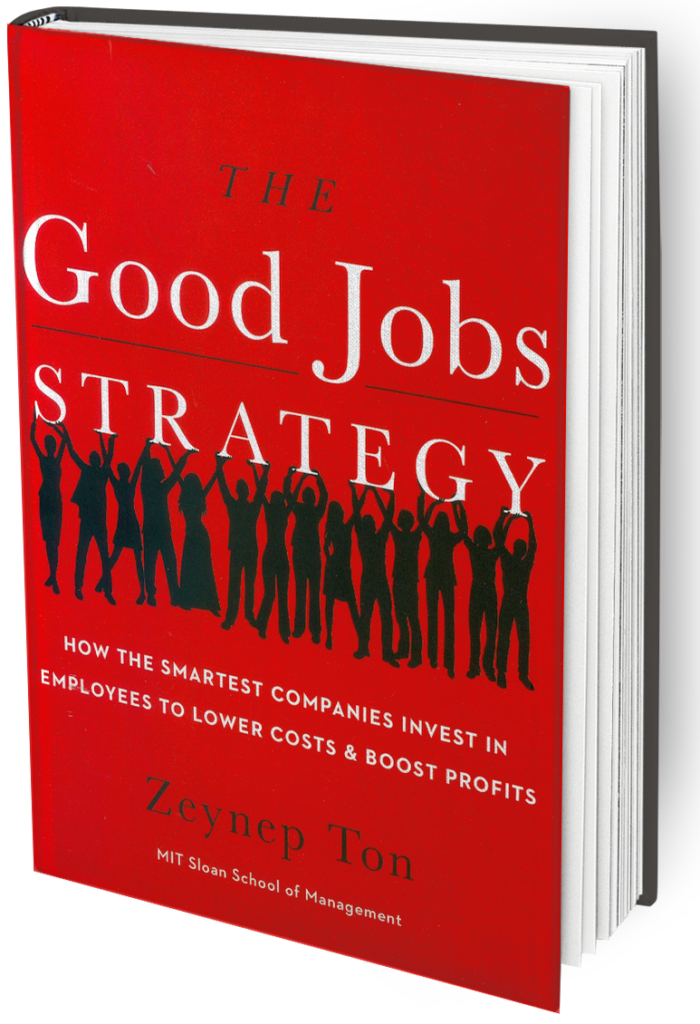
The Good Jobs Strategy, by Zeynep Ton
Almost a quarter of working American adults have a job that pays less than a living wage. Conventional wisdom says that’s how it has to work for companies to keep costs down and prices low. But it’s just not true. Even in low-cost settings, bad jobs—ones with low wages, minimal benefits, little training, and chaotic schedules—are a choice, not a necessity. Ton shows how companies can create good jobs for their employees, offer low prices to customers, and do thriving business.
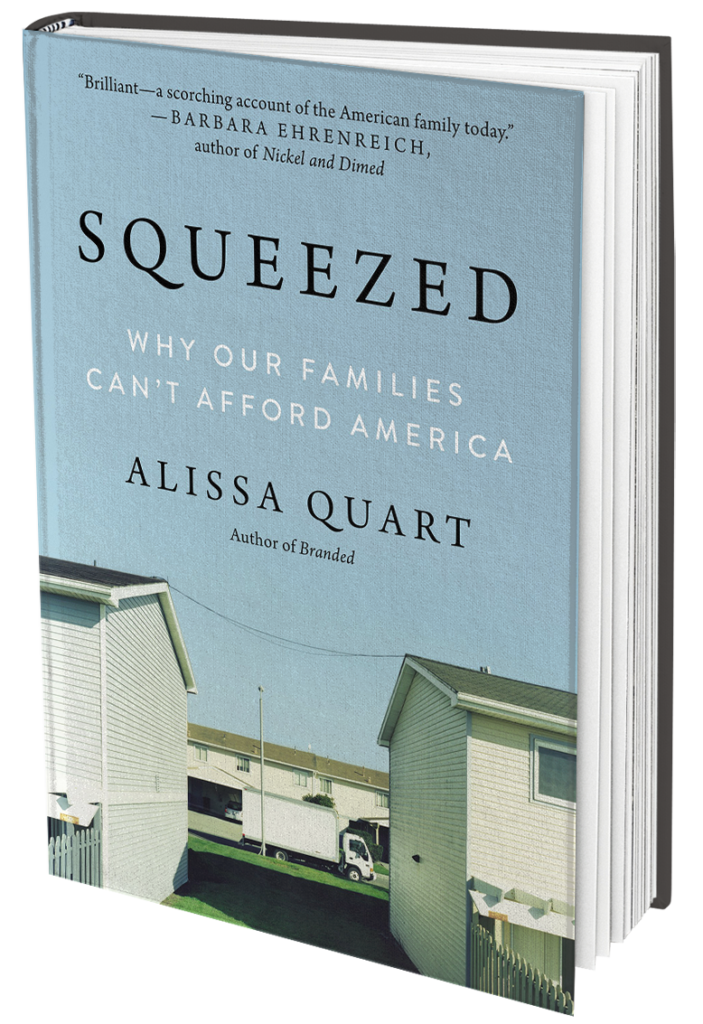
Squeezed, by Alissa Quart
Executive editor of the Economic Hardship Report Project Alissa Quart examines the lives of many middle-class Americans who can now barely afford to raise children and offers solutions: outlining necessary policy shifts, as well as detailing the DIY tactics some families are already putting into motion, and argues for the cultural reevaluation of parenthood and caregiving.
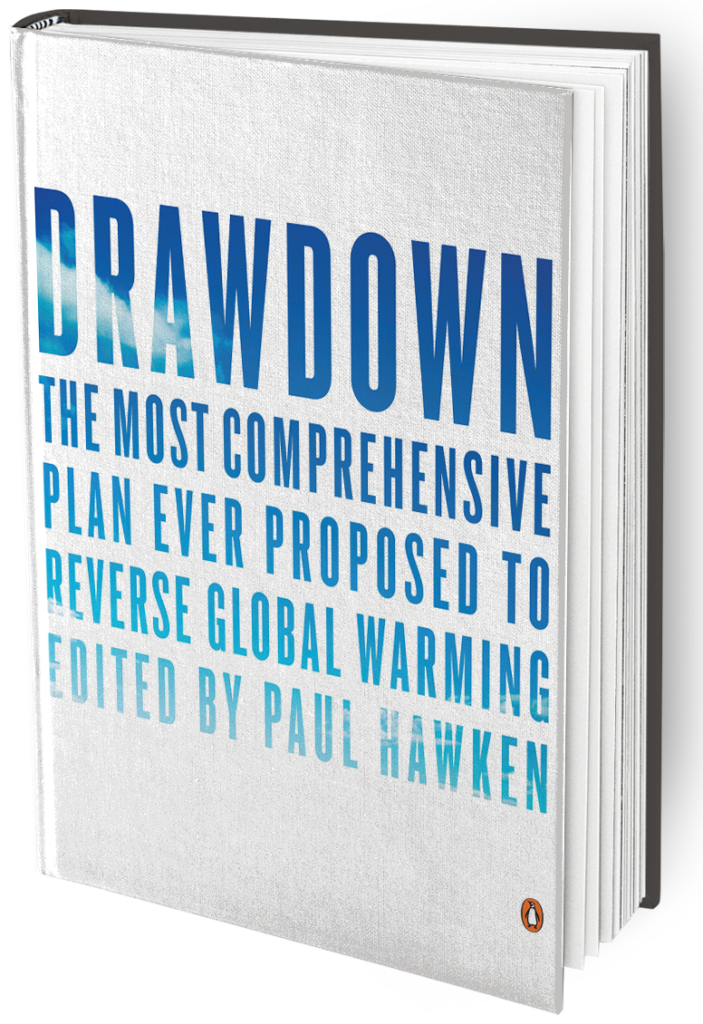
Drawdown, by Paul Hawken
If you’re convinced it’s impossible to mitigate or solve climate change, Drawdown is for you. Drawdown, and its affiliated organization, collects and rates climate solutions, from agricultural practices to the education of women and girls (that’s a huge one, if you didn’t know). Together it forms a path forward for us to reverse the buildup of atmospheric carbon by mid-century.
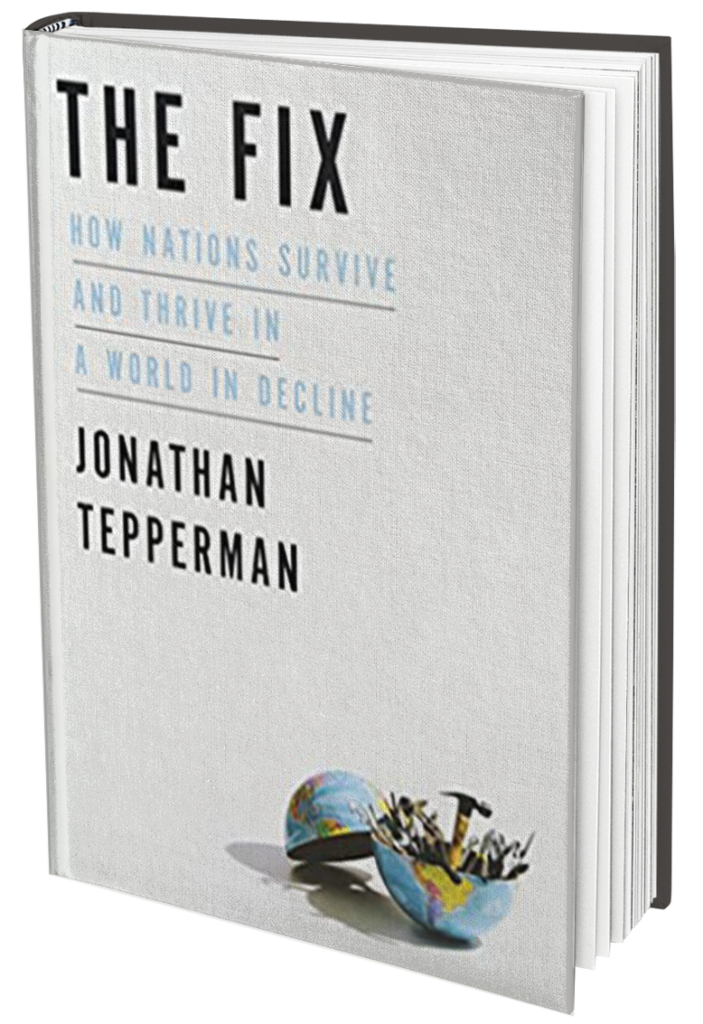
The Fix: How Nations Survive and Thrive in a World of Decline, by Jonathan Tepperman
Former Foreign Policy editor in chief Jonathan Tepperman examines unsung individuals’ bold and innovative attempts, against all odds and expectations, to solve some of the important problems governments have struggled with for decades. Each chapter tells the story of one government that’s found a way to avoid the snares that entangle most of the others.
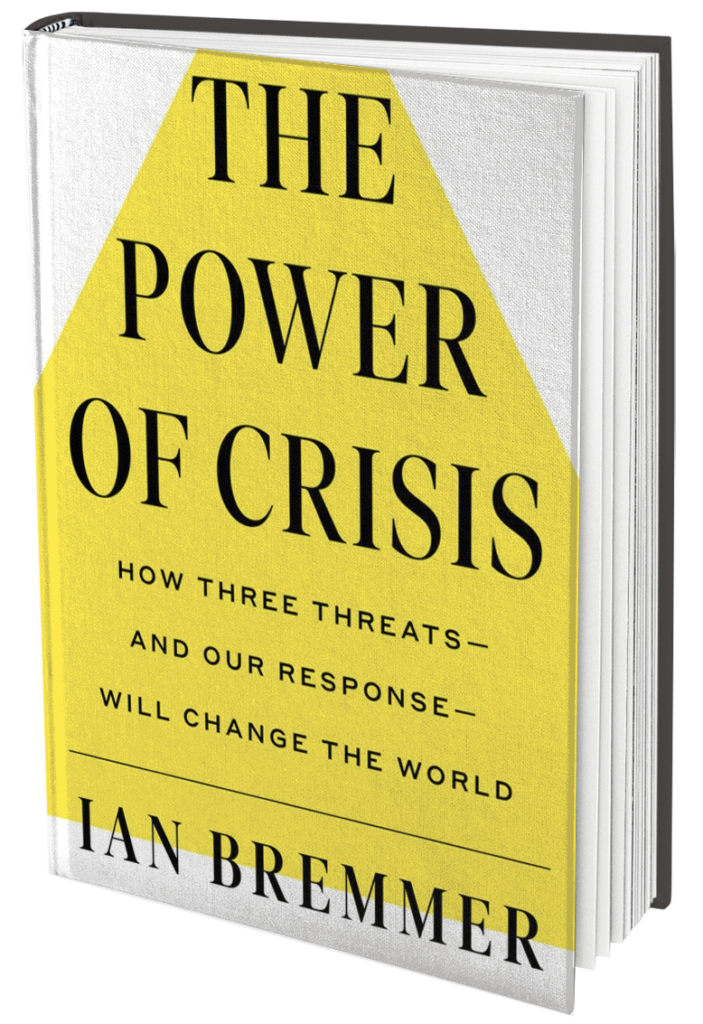
The Power of Crisis, by Ian Bremmer
Drawing on strategies both time-honored and cutting-edge, from the Marshall Plan to the Green New Deal, The Power of Crisisprovides a roadmap for surviving—even thriving in—the 21st century. Bremmer shows governments, corporations, and every concerned citizen how we can use these coming crises to create the worldwide prosperity and opportunity that 20th-century globalism promised but failed to deliver.
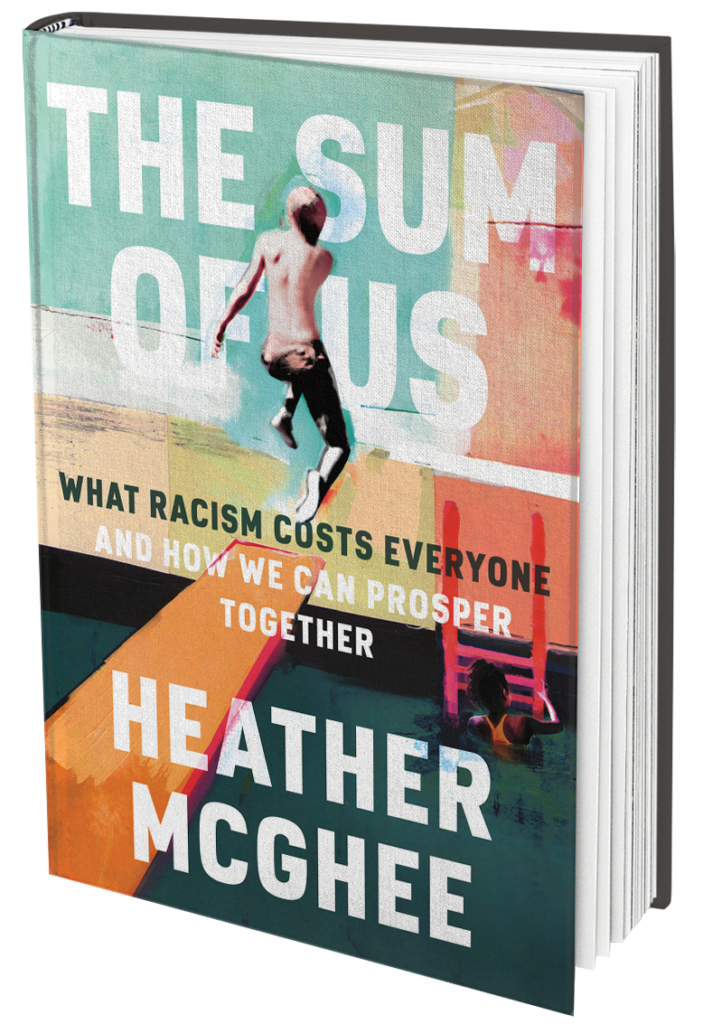
The Sum of Us, by Heather McGhee
McGhee embarks on a deeply personal journey across the country from Maine to Mississippi to California, tallying what we lose when we buy into the zero-sum paradigm—the idea that progress for some of us must come at the expense of others. This is the story of how public goods in this country have become private luxuries; of how unions collapsed, wages stagnated, and inequality increased; and of how this country, unique among the world’s advanced economies, has thwarted universal healthcare. But in unlikely places of worship and work, McGhee finds proof of what she calls the Solidarity Dividend: the benefits we gain when people come together across race to accomplish what we simply can’t do on our own. The Sum of Us leaves us with a new vision for a future in which we finally realize that life can be more than a zero-sum game.
Podcasts
We know there are a lot of podcast fans out there! Here’s a not-at-all-comprehensive list of some really great podcasts from our members that run the gamut from tech to psychology.
- On everything tech and business and when those two collide: The Prof G Show with Scott Galloway
- On the ideas, people, and strategies to prevent authoritarian populists: The Good Fight with Yascha Mounk
- On modern-day spirituality and matters of faith: On Being with Krista Tippett
- On depolarizing America, issue by issue: Braver Angels with John Wood, Jr.
- On foreign policy, American politics, and more: The Wright Show with Robert Wright
- On nonpartisan political takes and a birds-eye view of global goings-on: GZERO World with Ian Bremmer
- On smart answers to all your “stupid” questions: No Stupid Questions with Angela Duckworth
- On wonky politics and policy: Bad Takes with Matthew Yglesias and Laura McGann
- On the building blocks for happiness: How to Build a Happy Life with Arthur Brooks
And of course, there is ours, What Could Go Right?, which is a weekly podcast where Zachary, our founder, and Emma, our executive director, chat with smart people about why we’re not all doomed, and share good news from the week that you may have missed.
Social Media
We post original articles, interviews, and other content as well as aggregate progress-oriented content from other sources on our website. So always feel free to check in if you need a dose of progress.
Or, you can let us do the work for you and follow us on whichever social channel that doesn’t make you want to pull your hair out. (We promise following us will result in less hair-pulling.) On Twitter, Facebook, and LinkedIn, we post global progress news, our members’ work, and other constructive reads and listens. We post a daily piece of progress from current events on Instagram. For longer conversations to listen to working out or on your commute, our weekly podcast, as well as other member interviews and past live events, are also on our YouTube channel. We also have a little fun with current events on TikTok.
For Twitter birds, here’s the curated list of TPN members and friends that you can follow if you want to have the Twitter experience the team at TPN does behind the scenes.
Unrelated to our endeavors, on Facebook, you can join the Human Progress Facebook group for discussion and sometimes debate on the advancement of human civilization. If you still want more, Stripe CEO and progress advocate Patrick Collison has also curated a list of progress people you might want to follow.
The news is driving me crazy. Do you have anything else for that?
We get it. And yes, we do have some suggestions for how to maintain your sanity. In addition to our own short guide on how to read the news without losing your mind, here’s journalist Katherine Brodsky’s helpful piece on how to decipher media bias.
If you’d like a break from the standard media fare, in addition to our newsletter, we can also recommend Future Crunch, Positive News, Warp News, Persuasion, and Tangle.
How can you help us make more progress?
You’re doing it right now. The more you know and the more you’re involved in the conversation, the more we can move this sensibility into mainstream discourse. If you’re an action-oriented person, we do share organizations that may interest you in the newsletter. Feel free to get involved in our community by commenting on any of our social platforms or website, or emailing us (hello@theprogressnetwork.org). We will answer.
Thank you for joining our community!



Okay, feel free to make me more optimistic….. even though 2023 events makes that difficult!
I am so happy to have found you. I am grateful that this exists and look forward to reading everything regularly.
Thank you
I’m looking forward to reading this regularly
I’m happy to have found you